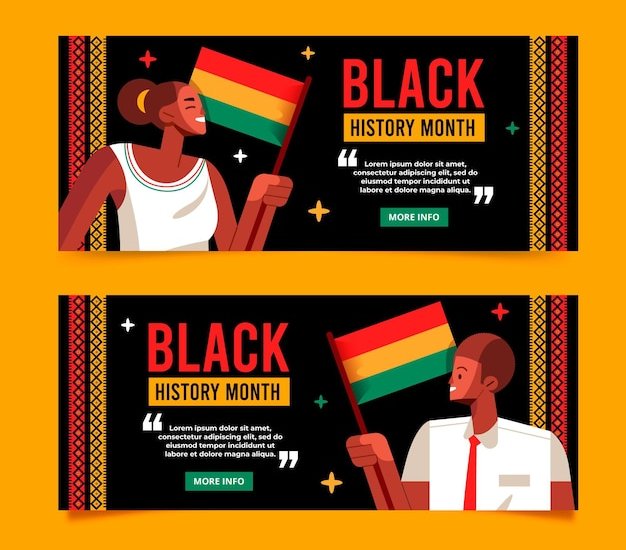10 Fun Facts about Muhammad Ali

Muhammad Ali, born Cassius Clay, is considered one of the greatest boxers of all time.
Ali won an Olympic gold medal in boxing at the 1960 Rome Olympics.
Ali became the heavyweight champion of the world at the age of
4. He was known for his lightning-fast punches and unmatched footwork in the ring.
Ali famously proclaimed, I float like a butterfly, sting like a bee.
Ali converted to the Nation of Islam in the 1960s, changing his name from Cassius Clay to Muhammad Ali.
He refused to be drafted into the U.S. military during the Vietnam War, citing his religious beliefs and opposition to the war.
Ali was stripped of his boxing title and banned from the sport for three years due to his refusal to fight in the war.
He successfully appealed his ban all the way to the U.S. Supreme Court, winning his case in 197
Ali’s boxing record includes 56 wins, 37 knockouts, and only 5 losses.
Ali defeated Joe Frazier in what is often referred to as the Fight of the Century in 197
He avenged his loss to Frazier in a rematch known as the Thrilla in Manila in 1975.
Ali fought George Foreman in the famous Rumble in the Jungle in 1974, employing a strategy called the rope-a-dope to tire out and defeat Foreman.
When asked how many sit-ups he did, Ali famously replied, I don’t count my sit-ups. I only start counting once it starts hurting. That’s when I start counting because that’s when it really matters.
10 Fun Facts about Muhammad Ali part 2
Ali retired from professional boxing in 1981 with a record of 56 wins and only 5 losses.
After retiring, Ali devoted himself to philanthropy and humanitarian work.
He was appointed a United Nations Messenger of Peace in 1998.
Ali lit the Olympic cauldron at the opening ceremony of the 1996 Atlanta Olympics.
He received the Presidential Medal of Freedom from President George W. Bush in 2005.
Ali was known for his charismatic personality and quick wit, leaving a lasting impact on popular culture.
He starred in several films, including The Greatest (1977) and Ali (2001) where he played himself.
Ali was an accomplished poet and often recited his own verses during interviews and public appearances.
He had a lifelong love for magic tricks and enjoyed performing them for family and friends.
Ali was a talented musician and played both the drums and the harmonica.
He released a spoken-word album titled I Am the Greatest in 1963.
Ali was a strong advocate for civil rights and spoke out against racial inequality throughout his career.
He was known for his showmanship and often taunted his opponents with playful trash talk before fights.
Ali was infamous for his unorthodox fighting style, which often involved leaning back against the ropes and allowing his opponents to tire themselves out.
He coined the phrase float like a butterfly, sting like a bee, which became an iconic line associated with his boxing legacy.
Ali had a strong sense of fashion and was known for his flashy clothing, including his signature boxing robes and bold accessories.
He was a master at self-promotion and often predicted the round in which he would knock out his opponents.
Ali was known for his humanitarian efforts in poverty-stricken countries, including his work in Africa.
He was diagnosed with Parkinson’s disease in 1984, but continued to be a prominent figure in charitable work despite his condition.
Ali was awarded the Arthur Ashe Courage Award at the 1997 ESPY Awards.
He was named Sports Illustrated’s Sportsman of the Century in 1999.
Ali’s daughter, Laila Ali, followed in his footsteps and became a professional boxer, achieving great success in the sport.
He was posthumously awarded the President’s Lifetime Achievement Award in 20
Ali’s funeral in 2016 was attended by thousands of mourners, including former President Bill Clinton and other world leaders.
He inspired countless individuals around the world with his tenacity, courage, and unwavering spirit.
Ali’s legacy lives on as an icon not just in the world of boxing, but in the realms of activism, philanthropy, and popular culture.
Ali once said, I hated every minute of training, but I said, ‘Don’t quit. Suffer now and live the rest of your life as a champion.’
He had a unique ability to psych out his opponents with his confidence and mental games.
Ali’s memoir, The Greatest: My Own Story, was published in 1975 and remains a popular read for fans and boxing enthusiasts.
He received numerous accolades throughout his career, including being inducted into the International Boxing Hall of Fame in 1990.
Ali’s impact on the sport of boxing and the world at large cannot be overstated, as he will forever be remembered as an iconic figure and a true legend.

